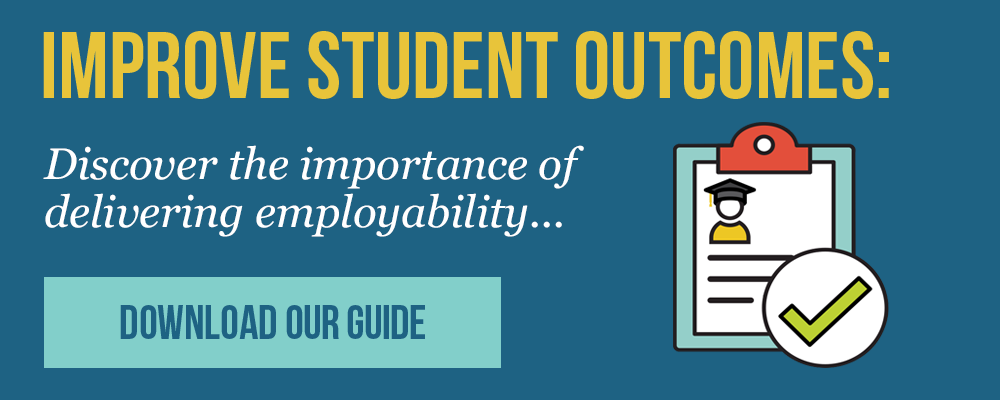
Whether you’re naturally inclined to plan or not, career planning is something that you need to get to grips with if you want to forge a successful and fulfilling career.You have the potential to add serious value to the world (be that on a local or global scale), but you’ll only be able to do this if you apply those talents and that ambition in the right places. Creating a career plan is the second step towards realising your dreams and goals; the first step is knowing how to form the plan and execute effective career planning. Read on, to find out what a great career plan should look like.
A career plan and career path don’t always follow a linear trajectory
Before we tell you what a winning career plan looks like, let us ask you: what do you think a career plan looks like? Perhaps you think it follows a series of steps such as 1) graduate, 2) get a job, 3) get promoted, 4) find an even better job somewhere else. And maybe for a select few this is indeed the way their career plans worked out, but for the vast majority, a career path follows a far more unexpected route. Formulating, writing down, sharing and reviewing a career plan are the four ingredients that significantly raise your chances of realising those career goals.
Set SMART goals, but don’t be alarmed if these change
When setting goals, make sure you set SMART goals that are specific, measurable, achievable, relevant and time-bound. If you’re too vague or set the bar too high when choosing career goals, there’s a chance you won’t reach them and become demotivated. Our initial career plans may look nothing like the reality that unfolds months or years down the line and that’s absolutely okay, especially if this is because we’ve acquired skills and wisdom that make the career plan we created three months ago obsolete. For this reason, it’s pivotal to constantly review your plan to take into account new experience and opportunities you accrue along the way.
Career planning might be your prerogative, but shouldn’t be done in isolation
Asking for help is another essential habit to form when working on a career plan. You can learn a lot from the experience of others and receive valuable feedback at the same time. Reaching out to others is also a key part of the continual learning that’s required to turn career goals into reality.
Self-awareness helps you identify situations and opportunities to which you can add value
Along with communication, teamwork, analytical and self-marketing skills, employers look for job candidates who possess self-awareness. Why? Because the only way one can truly add value to a role, whatever form it takes, is by being aware of our strengths and weaknesses. This awareness allows us to use our strengths to our advantage and work on our weaknesses. For many, examining ourselves objectively is challenging but it’s something that can be learned. Try completing a SWOT analysis on yourself to get started.
Patience is a virtue and also a vital part of achieving career goals
One of the (many!) mistakes young graduates make as they embark on their professional lives is to gauge the success of their career plan by how far they have progressed over a period of months. It’s certainly true that the quickening pace of the world we live in and the desire for instant gratification has made many graduates impatient to achieve goals as quickly as possible. However, with a career plan, it is better to take a more long-term view and measure success over a period of a year or more. The important thing is to be persistent and consistent with your efforts to achieve the small milestones that will lead you to your larger career objectives.
A career development course can set you on the right track to crafting your career plan
As we mentioned earlier in the blog, career planning involves reaching out to people who can help you along the path to your career goals. One way in which to do this is to complete a career planning programme that can not only help you form a career plan but develop the skills you need in order to stand out for prospective employers. Download our guide for more information about what today’s employers seek in graduate job candidates.


